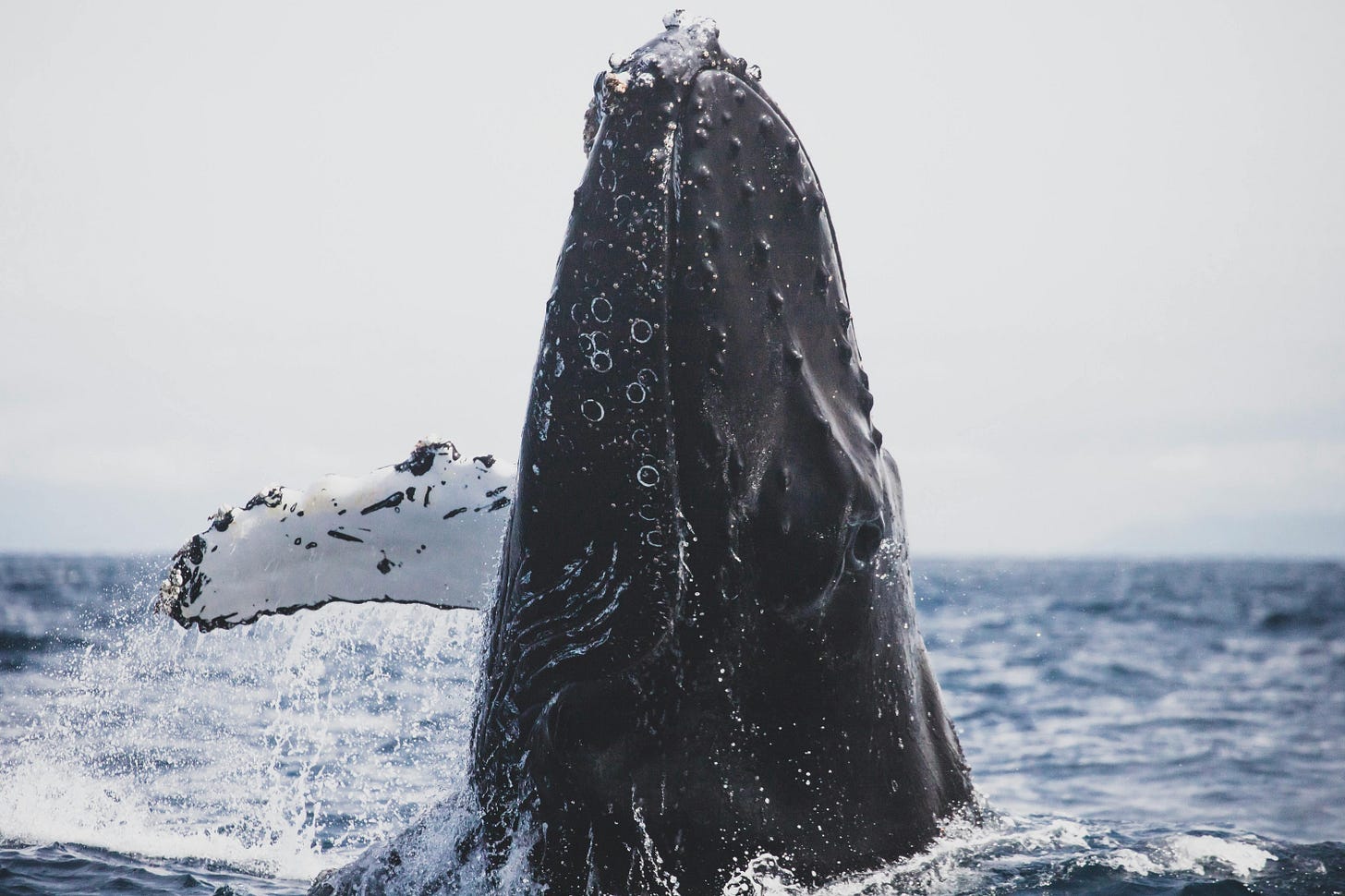We are almost at the summer solstice, yet in many places it already feels like summer for better and for worse. (Alaska, in fact, just had its first heat advisory as reported by Grist.org. “Alaska is warming more than twice as fast as the global average.” ) Last week was the full strawberry moon and I was reminded of May Swenson’s poem “Strawberrying” which you can hear her read here.
Writing Warm-up:
Write into the action of summer and this change of season.
Choose a real or imagined summer word like, strawberrying, swimming, gardening, sunbathing…
Add a dose of reality (is it warming too quickly), as well as, a sense of playfulness (where will you find joy this summer). Swenson has some great lines: “Let them rot in the heat”and “Ripeness wants to be ravished.”
Write your own poem or paragraph in the spirit of summer.
The Treehouse Climate Action Poem Prize opens in September and I have loved the poems that have come out of it. There is so much terrible news in the world right now, especially related to the environment and climate change. Consider channeling your feelings or frustrations this summer into a climate action poem.
The Treehouse Climate Action Poem Prize is given to honor exceptional poems that help readers recognize the vulnerable state of our environment.
Established in 2019 with generous support from Treehouse Investments, the prize will honor three poets. First place will receive $1,000; second place, $750; and third place, $500. In addition, all three poems will be published in the popular Poem-a-Day series, which is distributed to 500,000+ readers. Poems may also be featured in the award-winning education series Teach This Poem, which serves 40,000+ educators each week.
This poem by Rachel Dillon was one of the winners last year. You can also hear her read it!
Writing Prompt:
The last line of this poem is so powerful. Write a poem or prose in response to this question...
Tell me what to do
with my hands—my hands—
what can my hands do now?
In related news, ‘Scientists say they’ve seen a surprising number of gray whale strandings this year during their migration up the west coast – 13 as of late May in Washington alone, which is more than twice the normal average.”
Read more here on KNKX:








